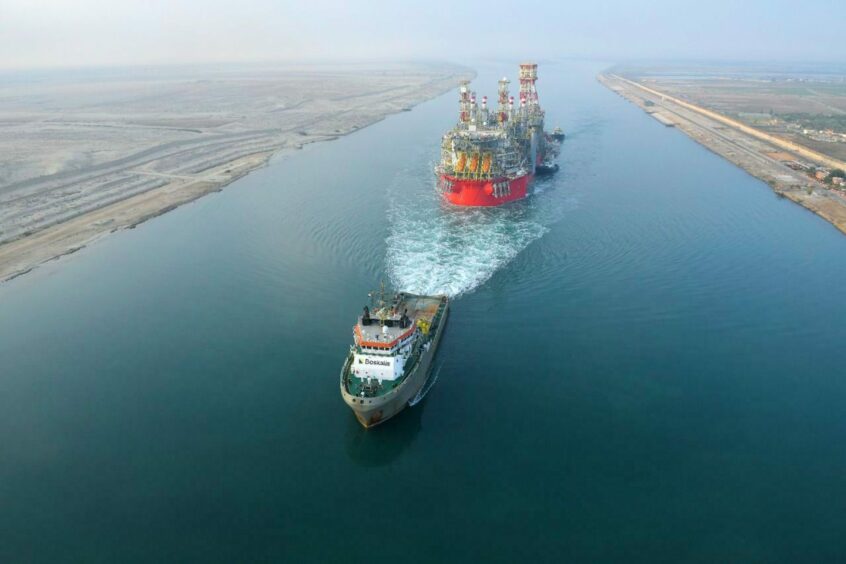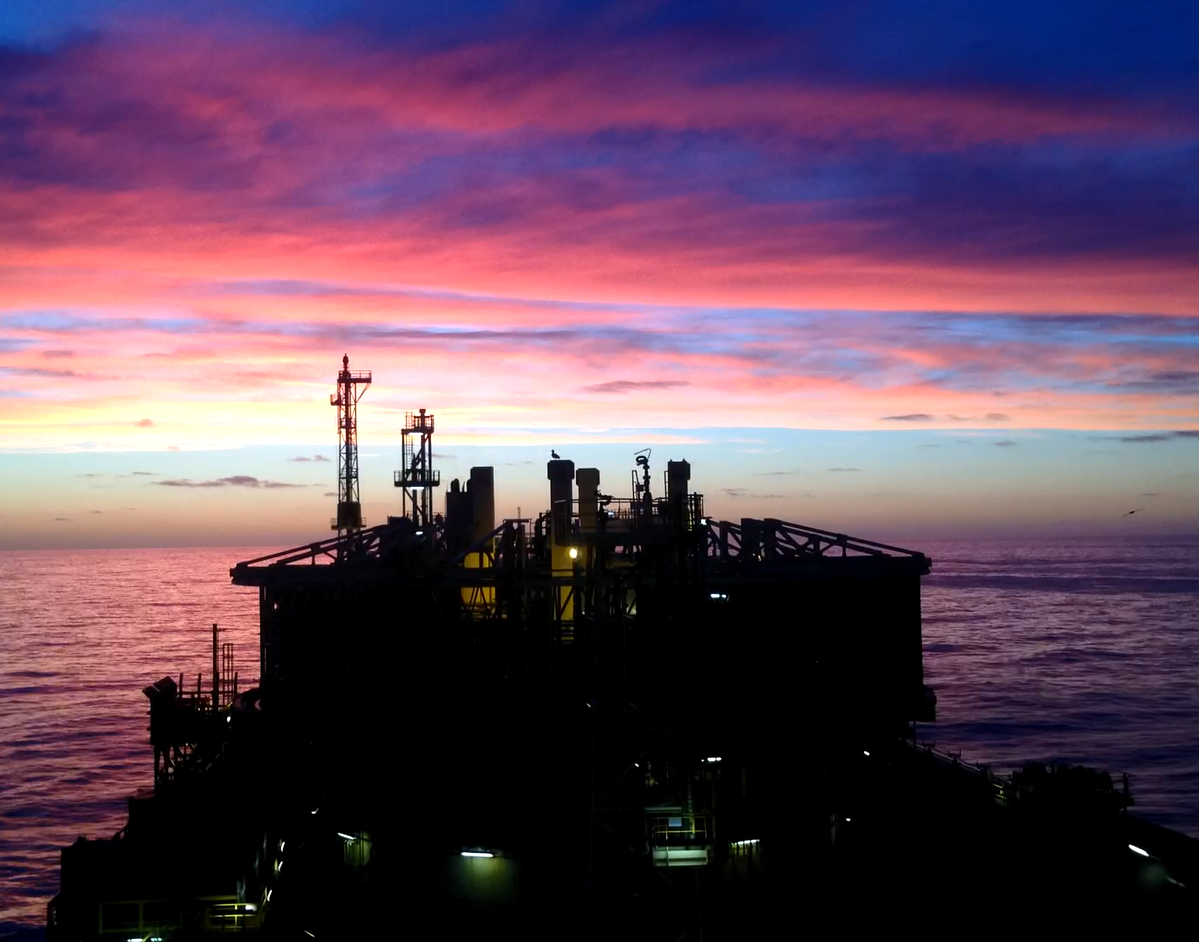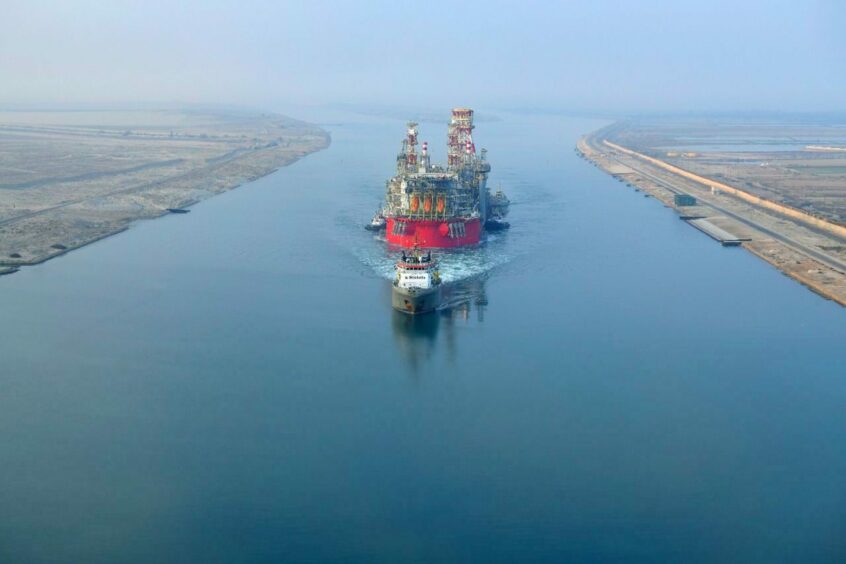
Energean’s FPSO has arrived offshore Israel, aiming to begin producing from the Karish field in the third quarter.
The Energean Power FPSO took 35 days to move from Sembcorp Marine’s Admiralty Yard in Singapore to Israel. The distance travelled was 5,532 nautical miles, crossing six seas and passing through the Suez Canal.
“I am delighted to confirm that the Energean Power FPSO has arrived on location in Israel. This marks a major step forward in delivering first gas from Karish, which remains on track for Q3 2022,” Mathios Rigas, CEO of Energean said.
“We look forward to continuing our progress through Karish first gas, the commercialisation of the newly defined Olympus Area and contributing to energy security and competition of supply for the region.”
The company will immediately begin hook up and commissioning for the 8 billion cubic metre per year FPSO. This involves installing risers and jumpers, in addition to the commissioning of the sales gas pipeline.
Energean said it expects commissioning to take three to four months before first gas, suggesting production may start in September.
The company will produce gas from the Karish field to the FPSO, 90 km offshore. Facilities on the vessel will process and separate the production, with gas being exported via an underwater pipeline to the shore at Dor.
Along the way
Energean took the final investment decision (FID) on the Karish development in 2018. At this point, it was aiming to reach first gas in the first quarter of 2021. However, COVID-19 disruptions delayed progress on infrastructure, including the FPSO.
The FPSO has a telescopic design on its emergency flare stack. Without this, it would have been unable to pass under the Suez Canal Bridge and would have had to go round Africa. The bridge has a clearance of around 70 metres.
In early 2021, Energean approved the Karish North expansion, in addition to a second oil train and gas sales riser, all via the FPSO. Karish North is due to begin producing in the second half of 2023 and reach 3 bcm per year.
The oil train will nearly double liquids capacity, to 32,000 barrels of oil equivalent per day. The gas riser will enable production to reach the full 8 bcm per year. These will come onstream around the same time as Karish North.
Recommended for you


 © Supplied by Energean
© Supplied by Energean